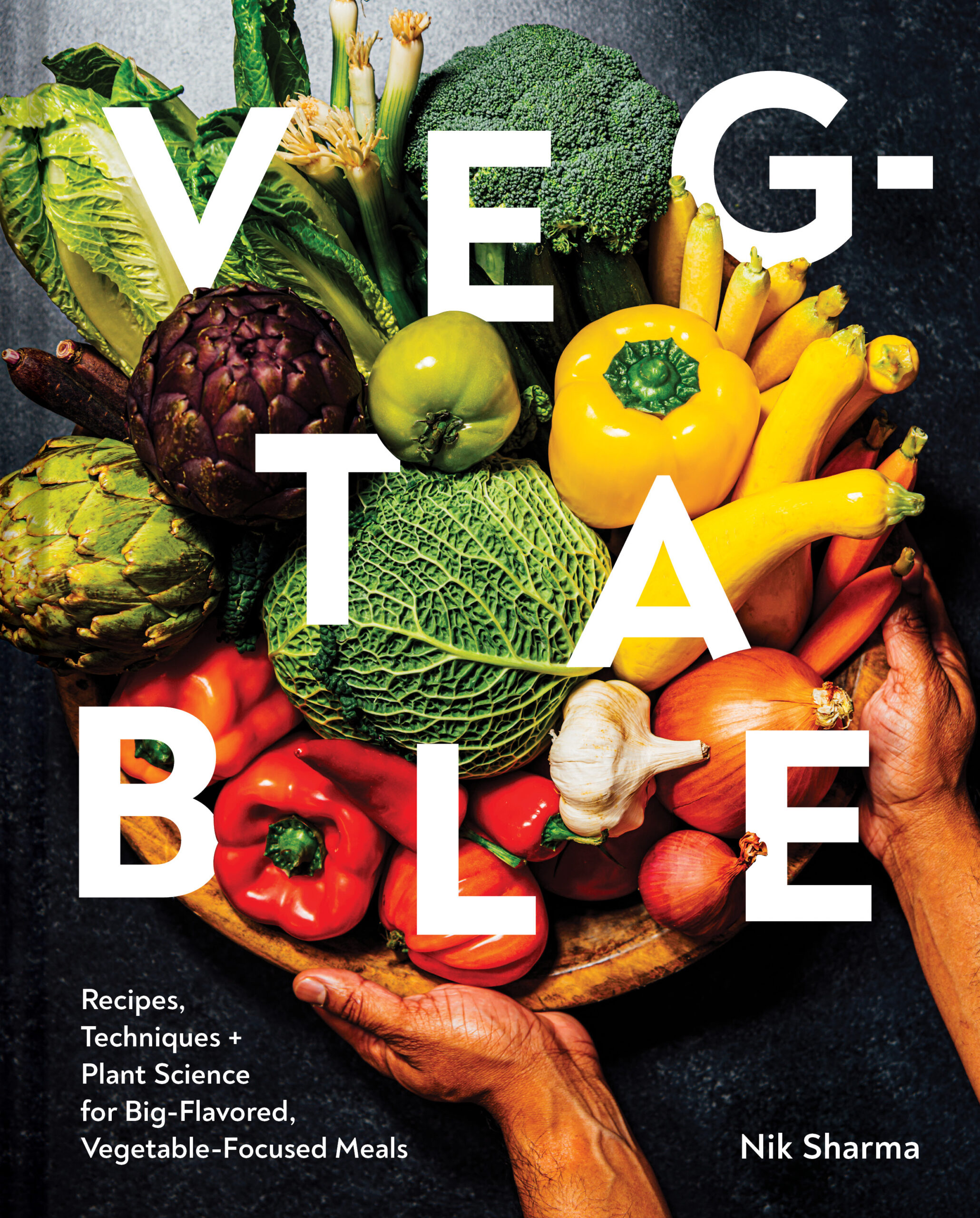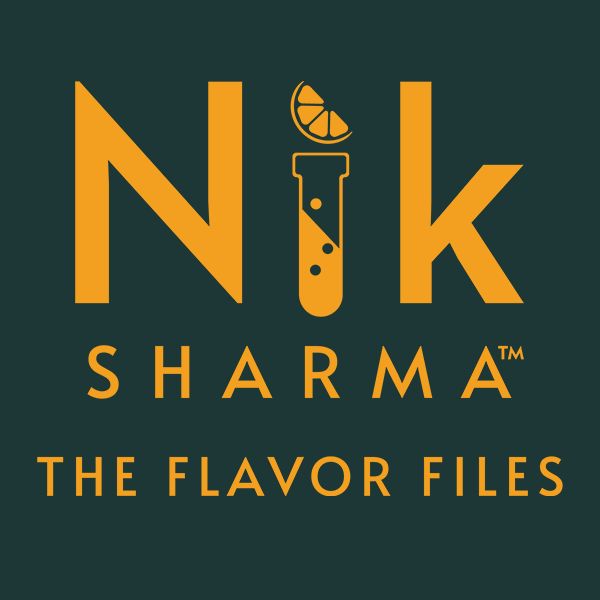When I started writing for prominent media publications, I encountered an ingredient that admittedly felt like every editor’s favorite child: kosher salt. As someone who always used fine or flaky sea salt until then, kosher salt sounded exclusively reserved for food writers or chefs. Until then, I felt like I’d lived under a rock and thought everyone used kosher salt but me. I’d test my recipes with fine sea salt and turn in my work to my editors, who would return and ask me to use kosher salt. I’d buy kosher salt and then retest and report the recipe. When I asked them why they preferred kosher over other salts, one editor told me everyone uses it (which is not a good answer for anything), and another said it was easier to grab and dissolved faster than other salts. I eventually stopped using kosher salt in my recipes, and you’ll notice almost all my recipes use fine sea salt unless stated otherwise in my cookbooks and blog.
What is Salt
Certainly, salt is an essential ingredient in cooking and our lives. To a chemist, salt is a combination of an acid and a metal holding on to each other via chemical bonds; to a cook, salt refers mainly to sodium chloride. Sodium chloride is a salt formed when the metal sodium reacts with hydrochloric acid. Salt is significant in many cultures, too; it can be used to ward off bad luck, purify, and even as a symbolic offering.
To continue reading this article, please visit my newsletter, The Flavor Files on Substack



